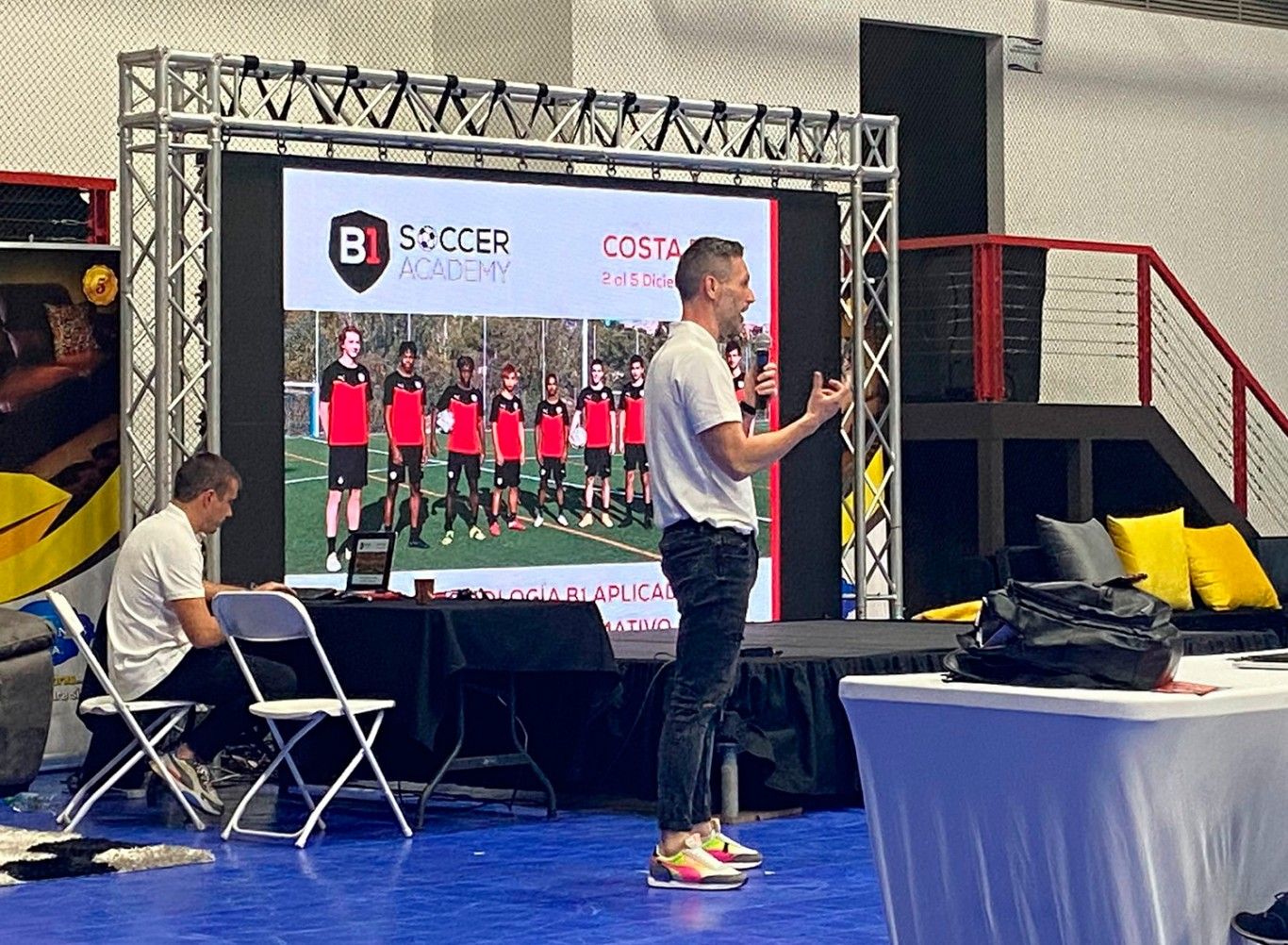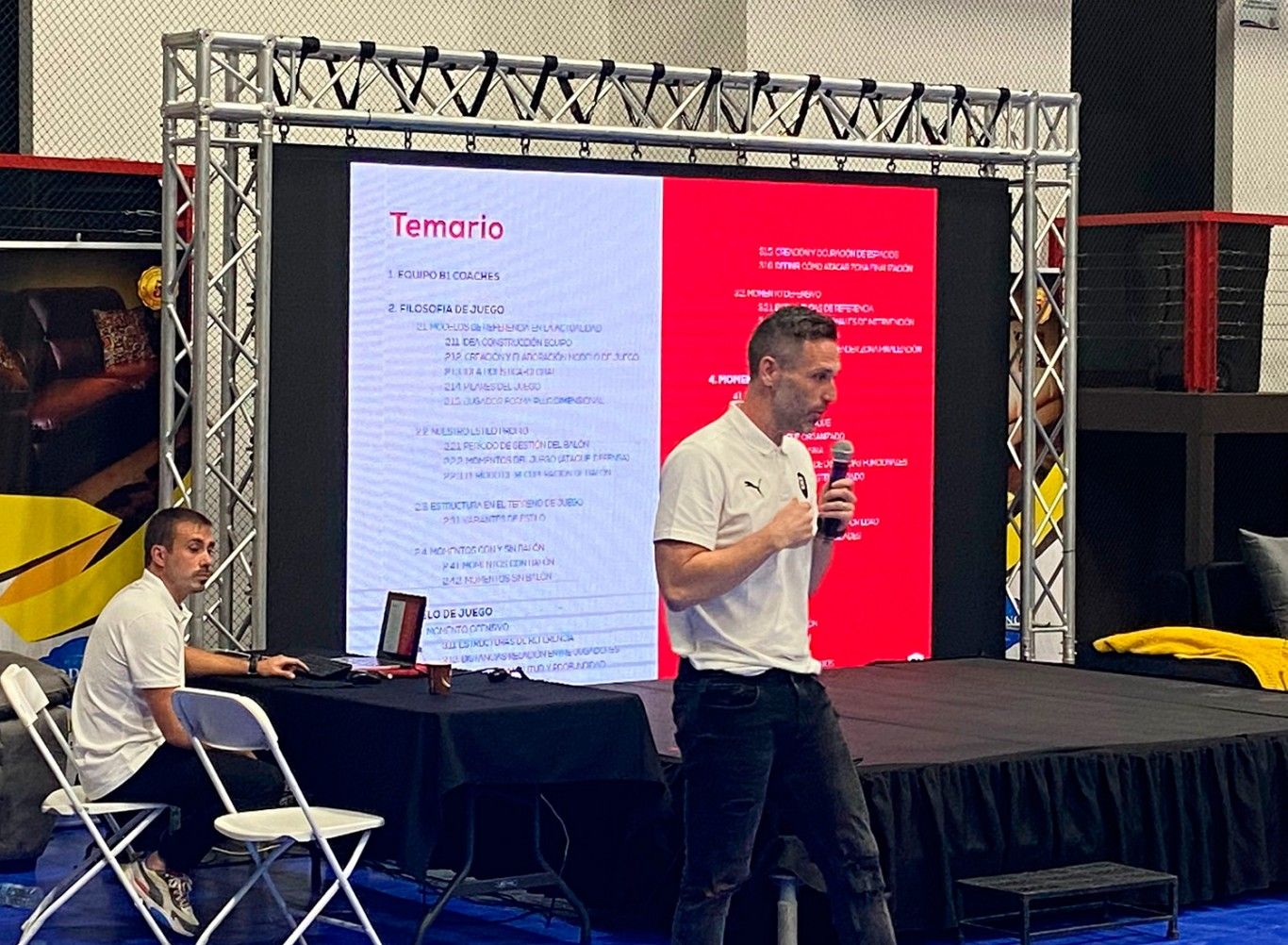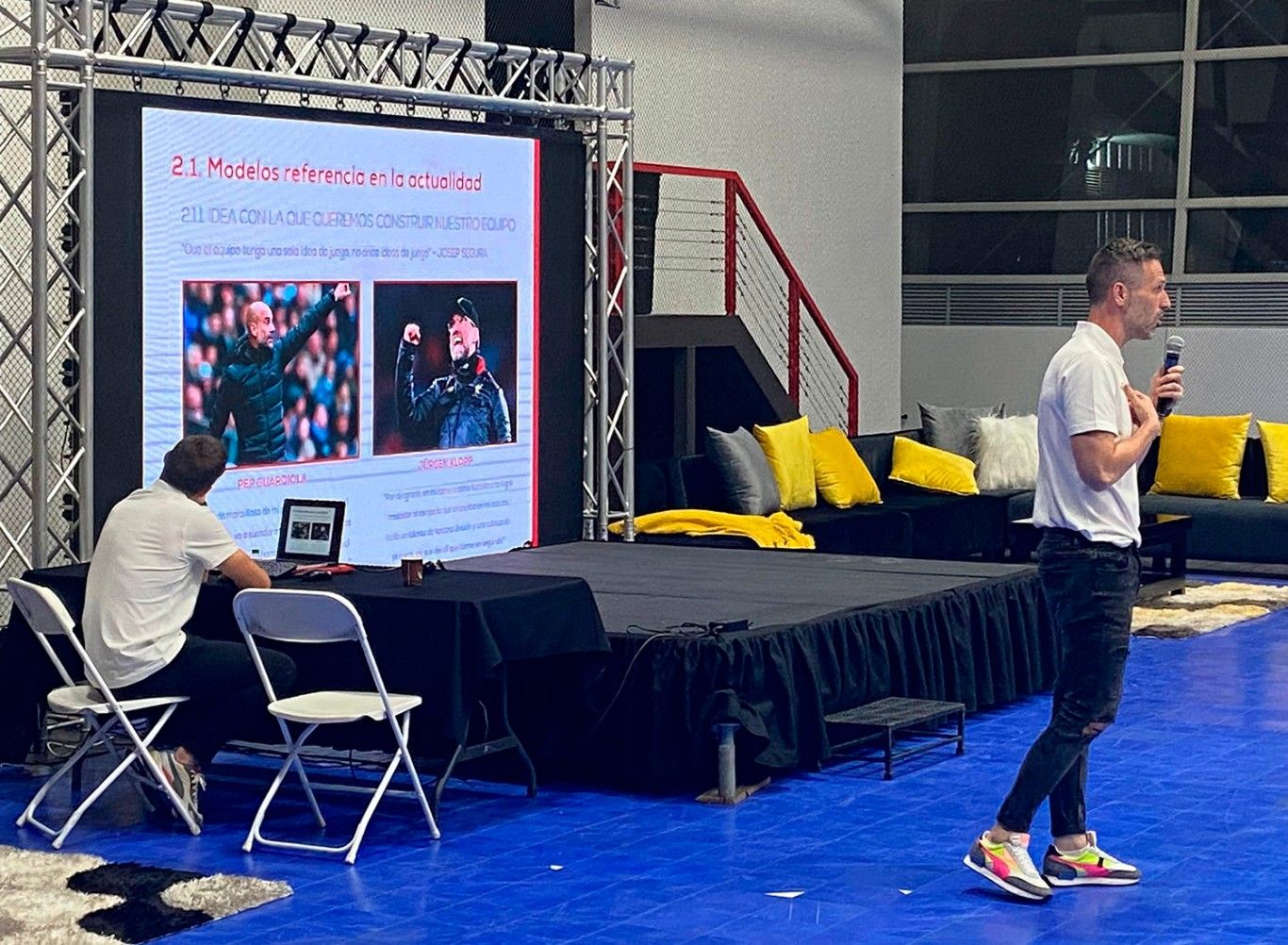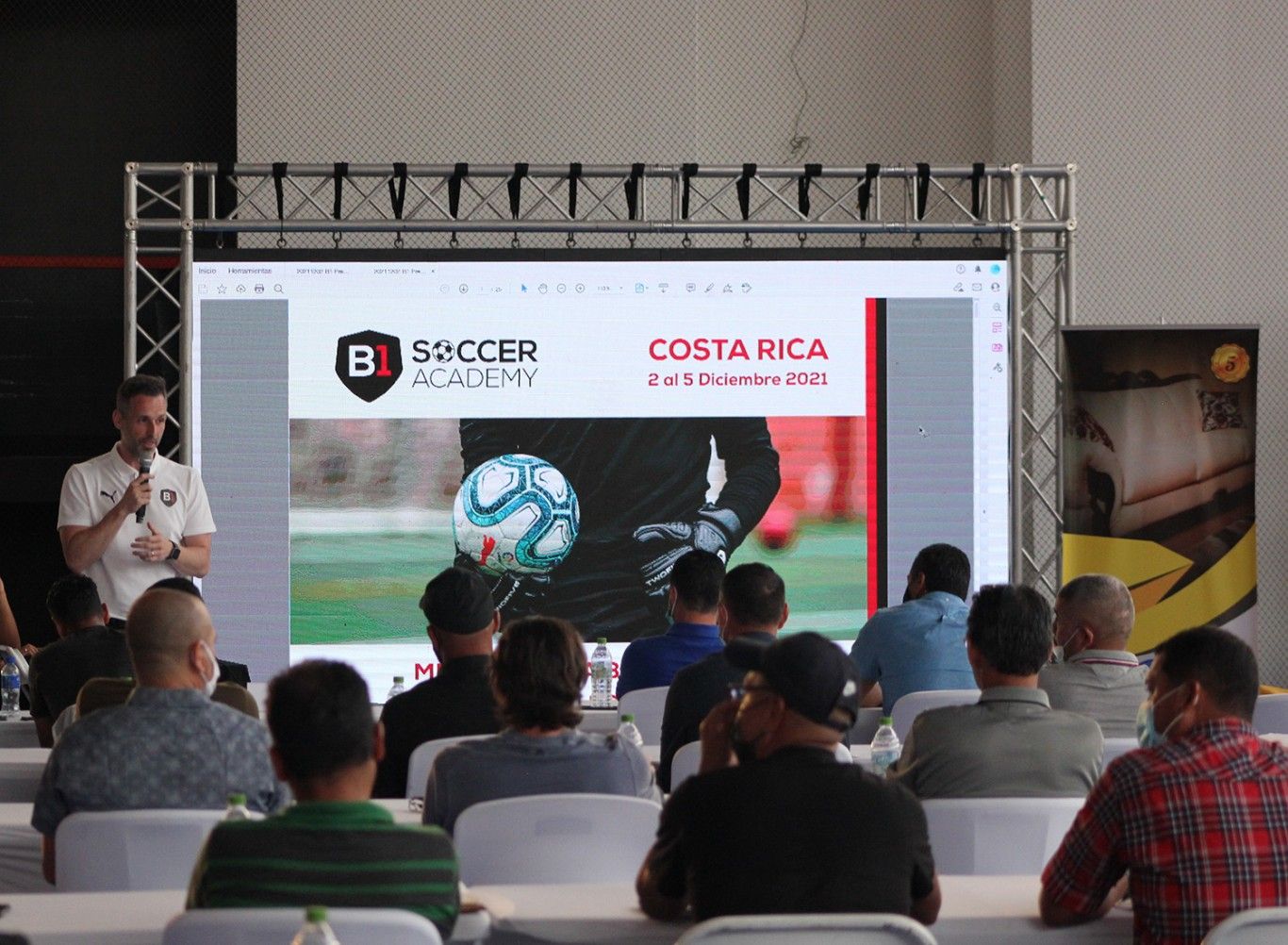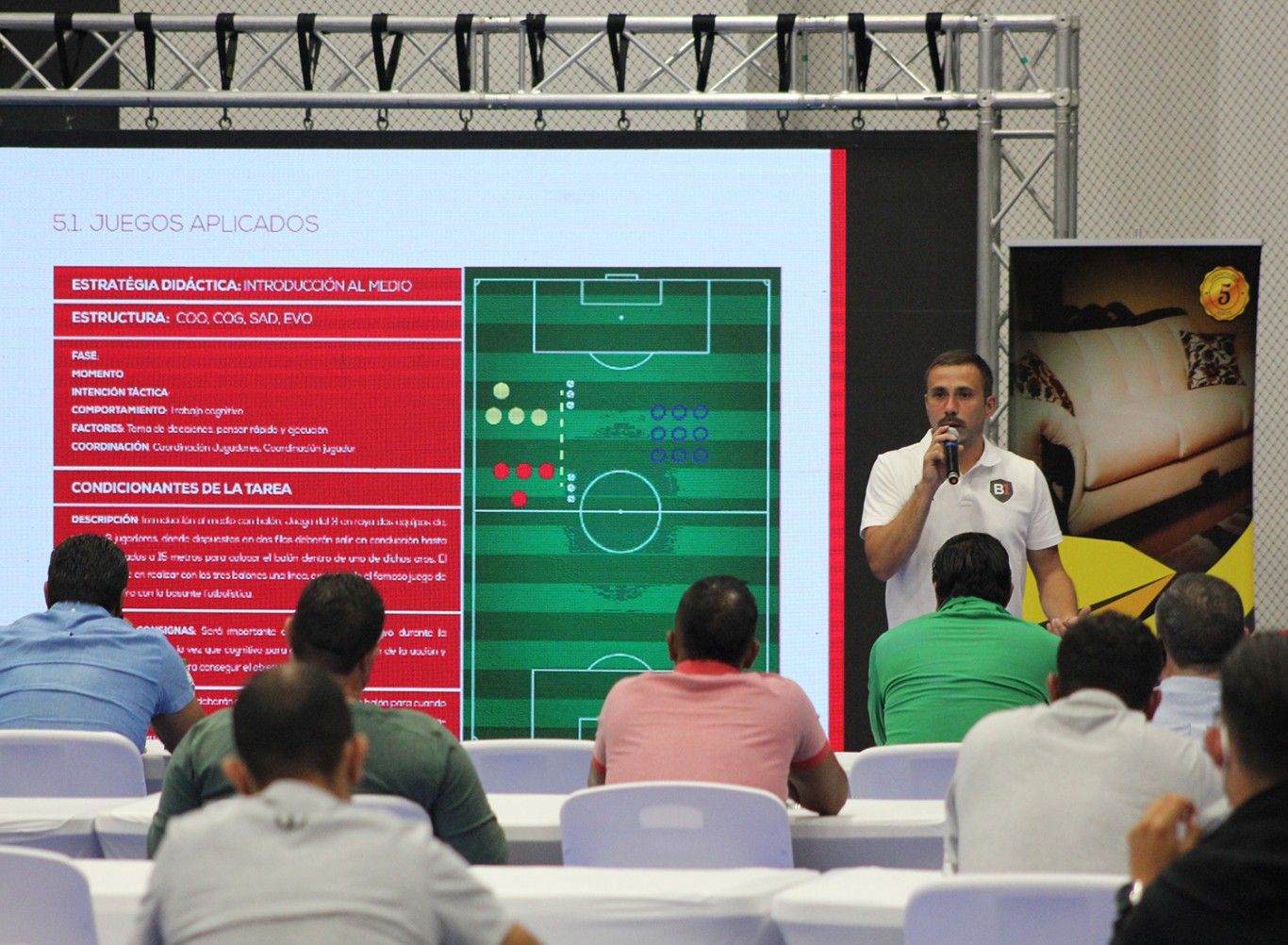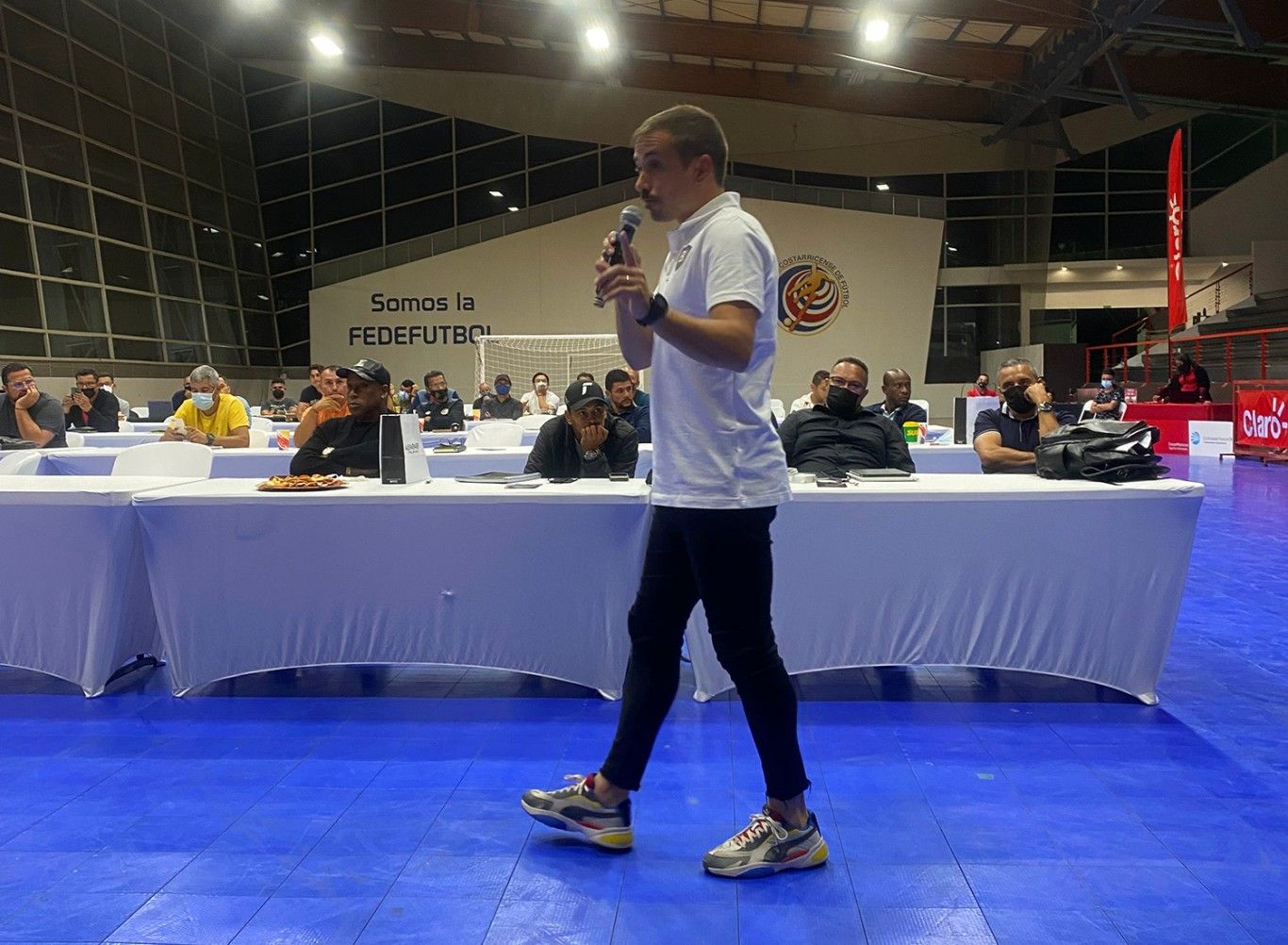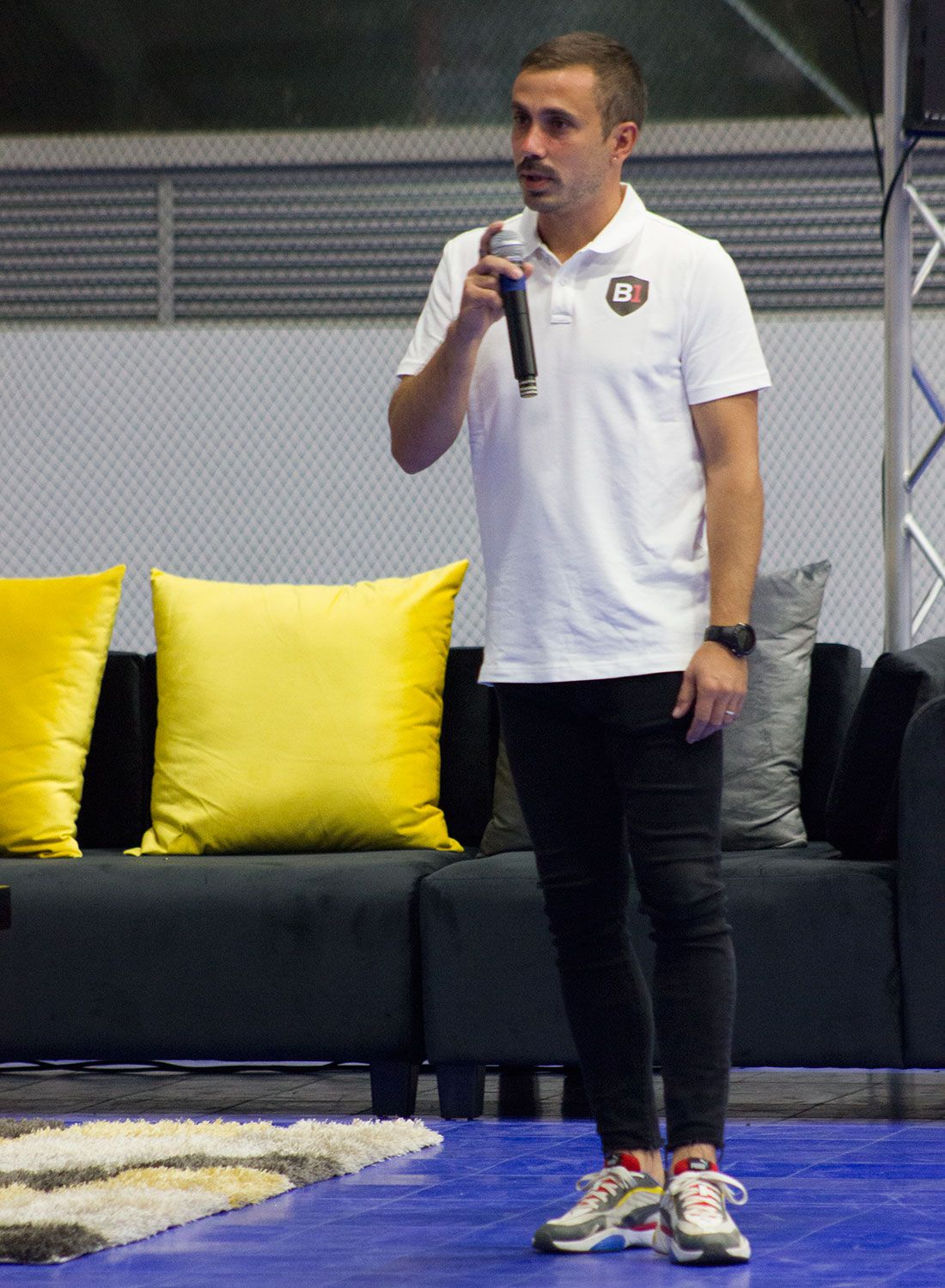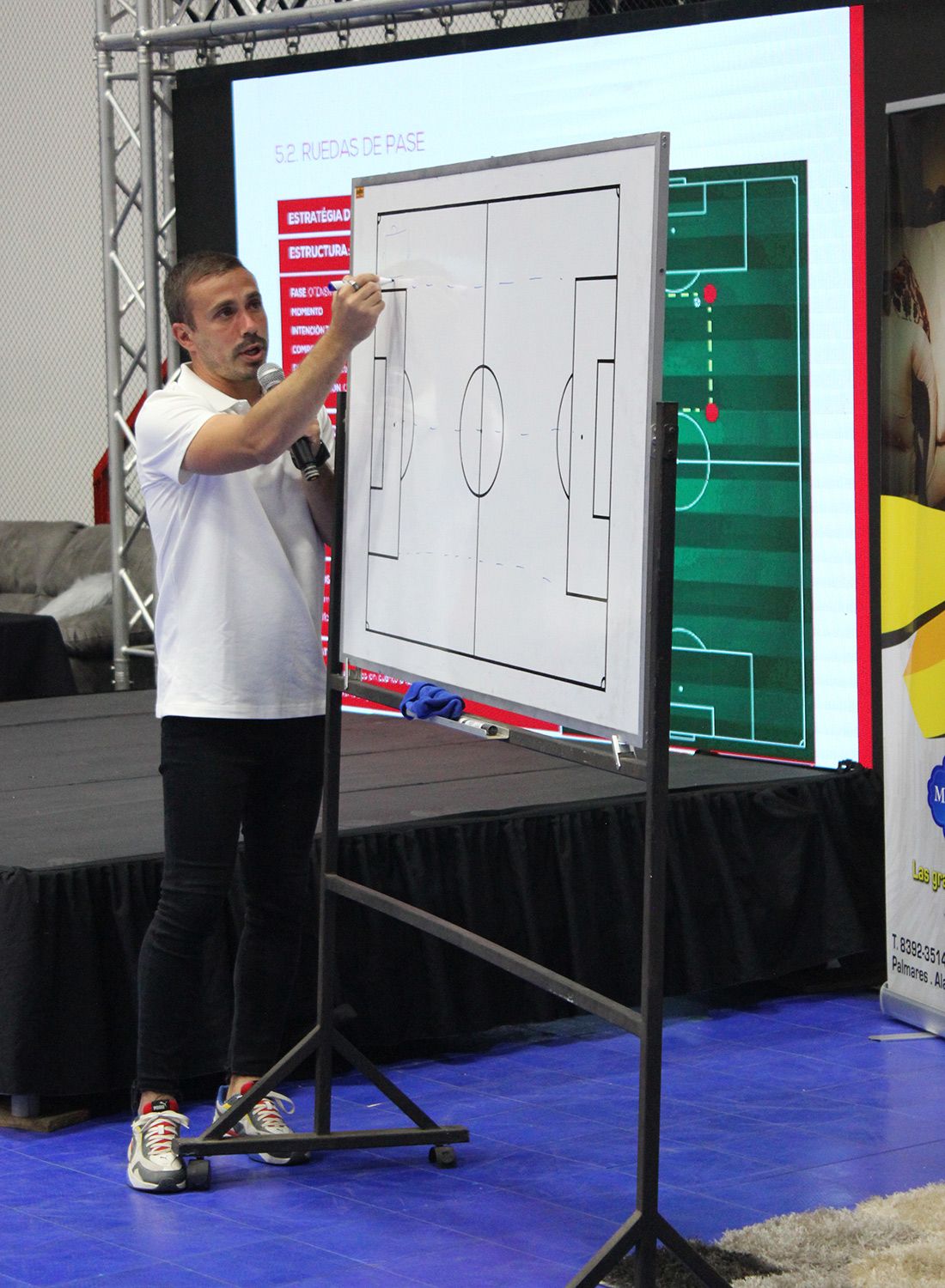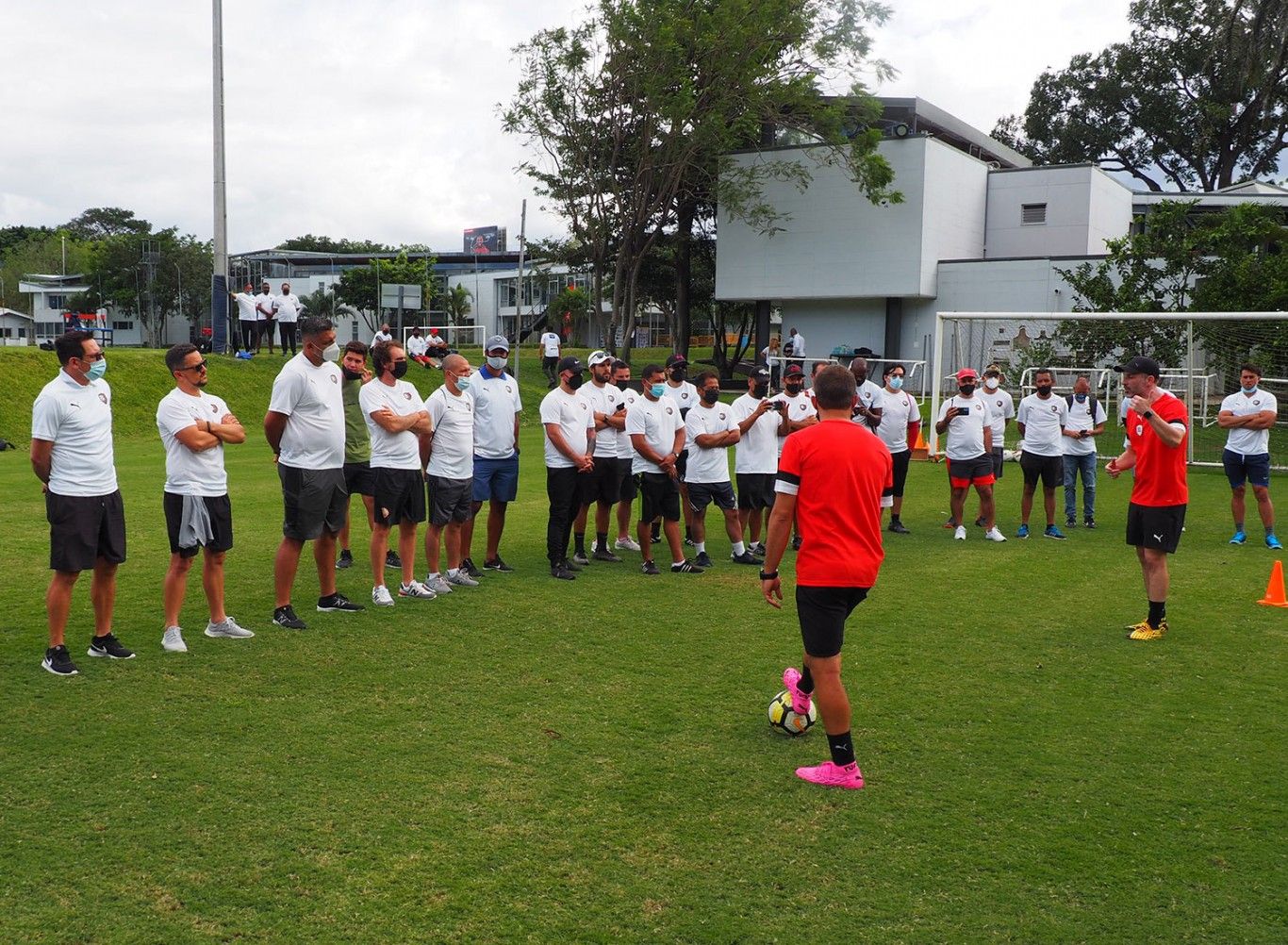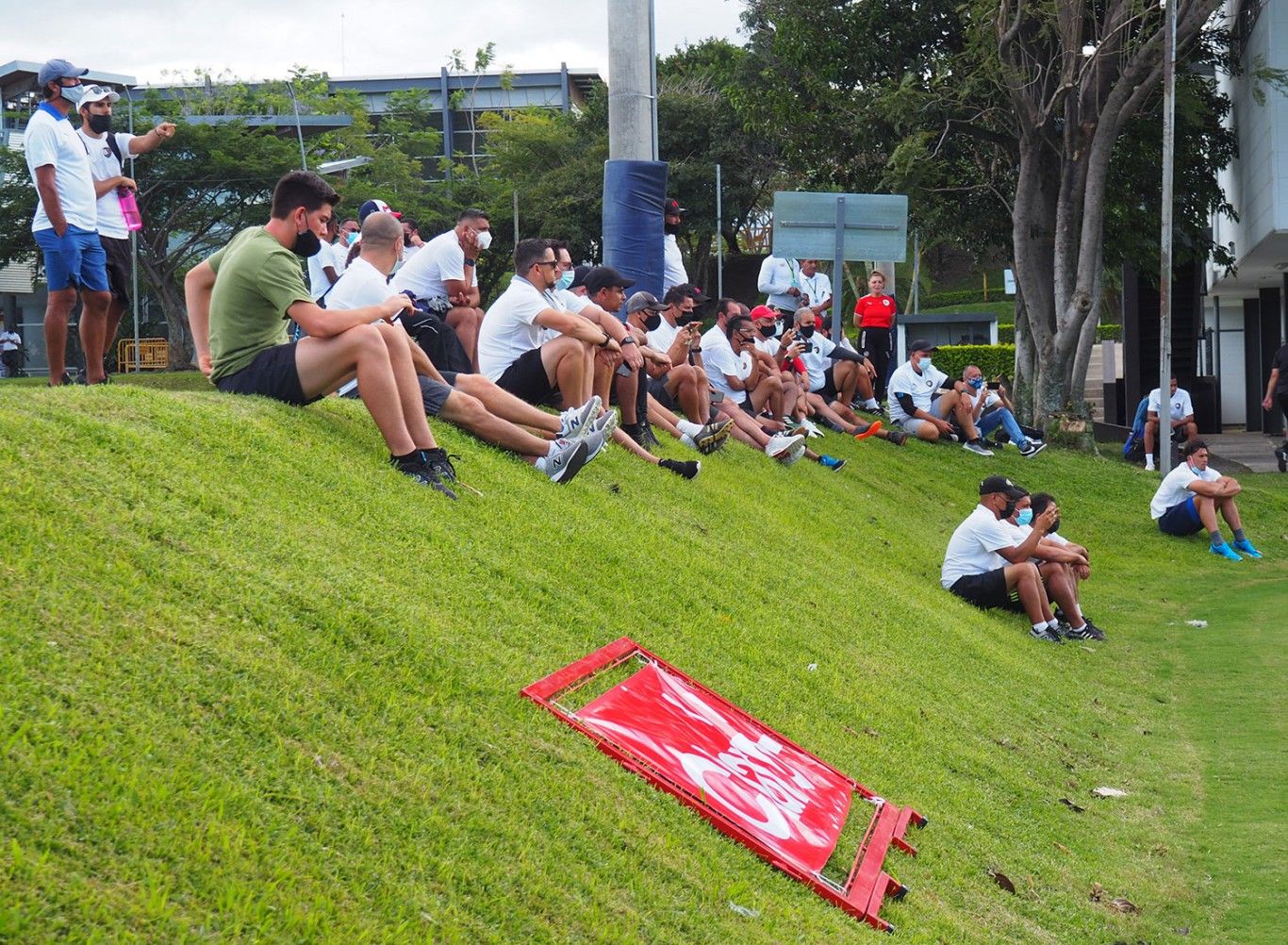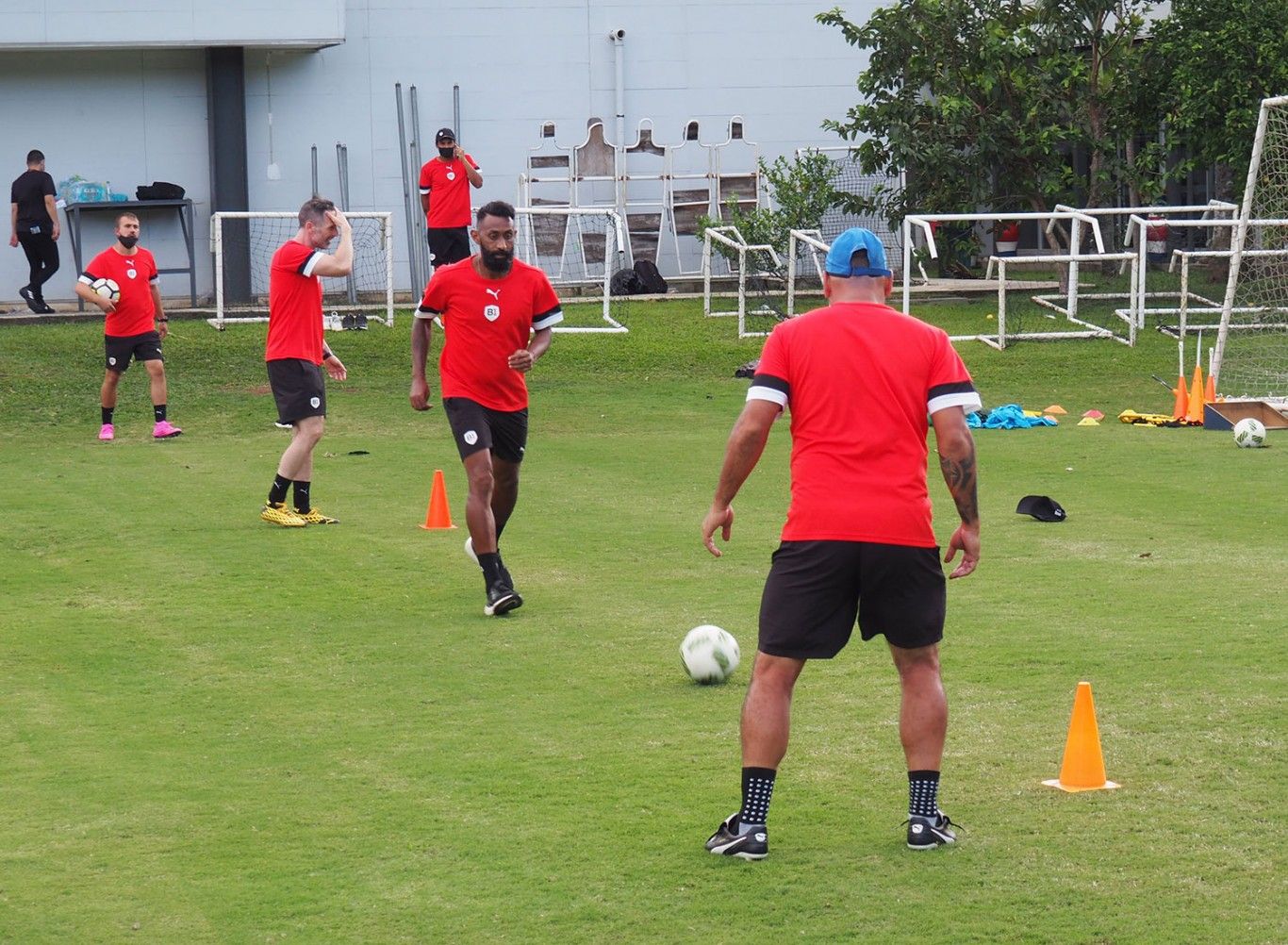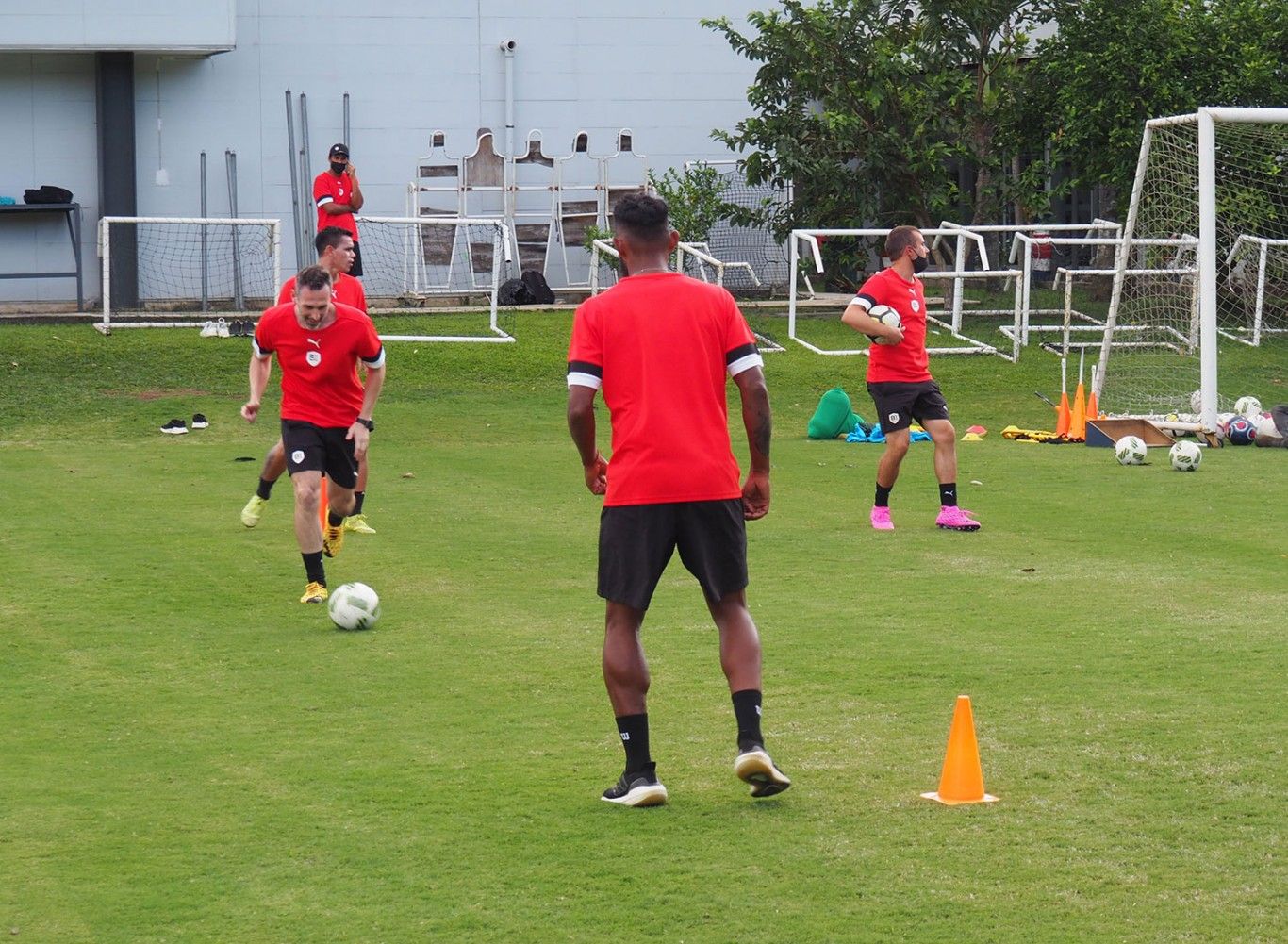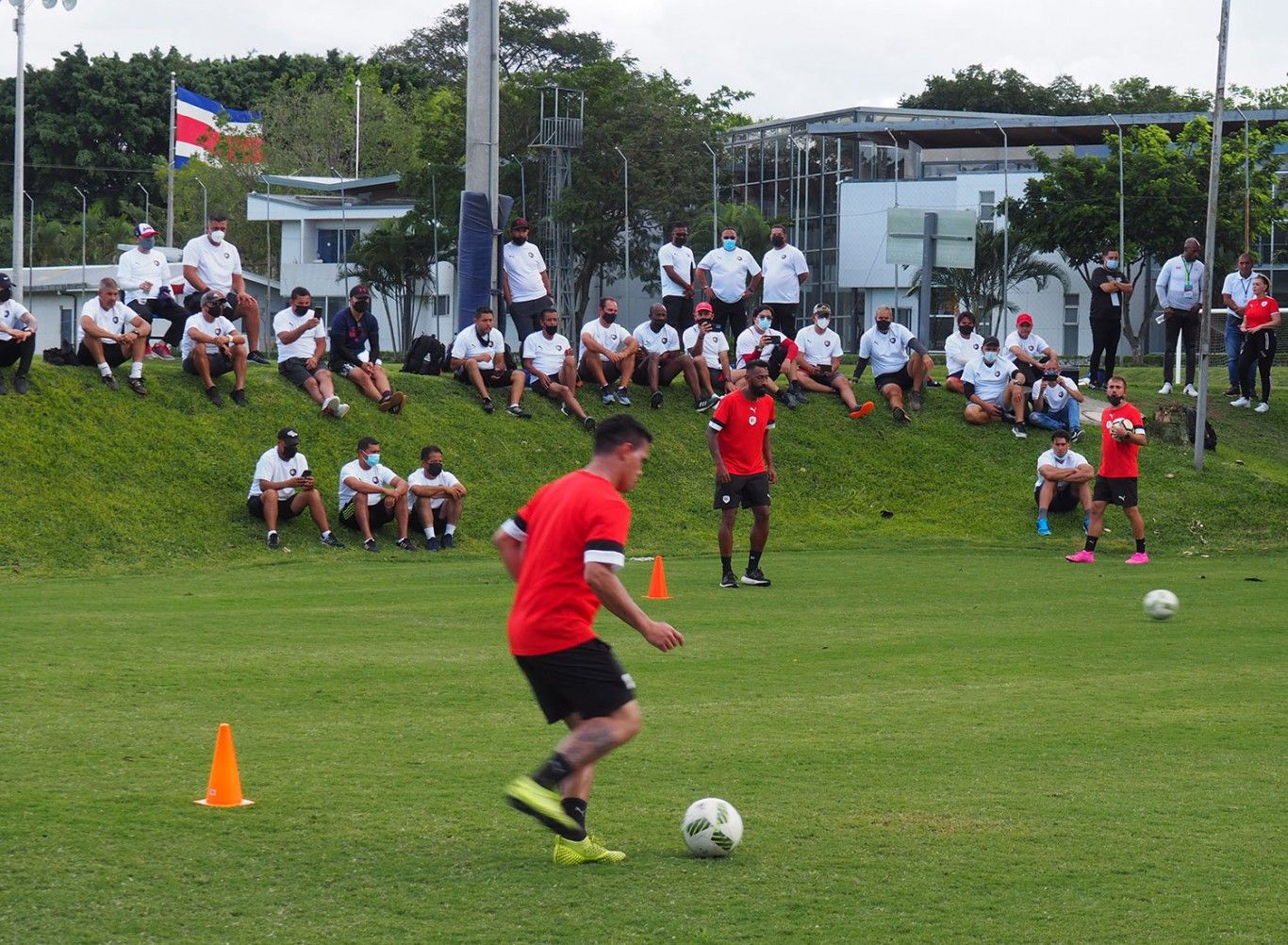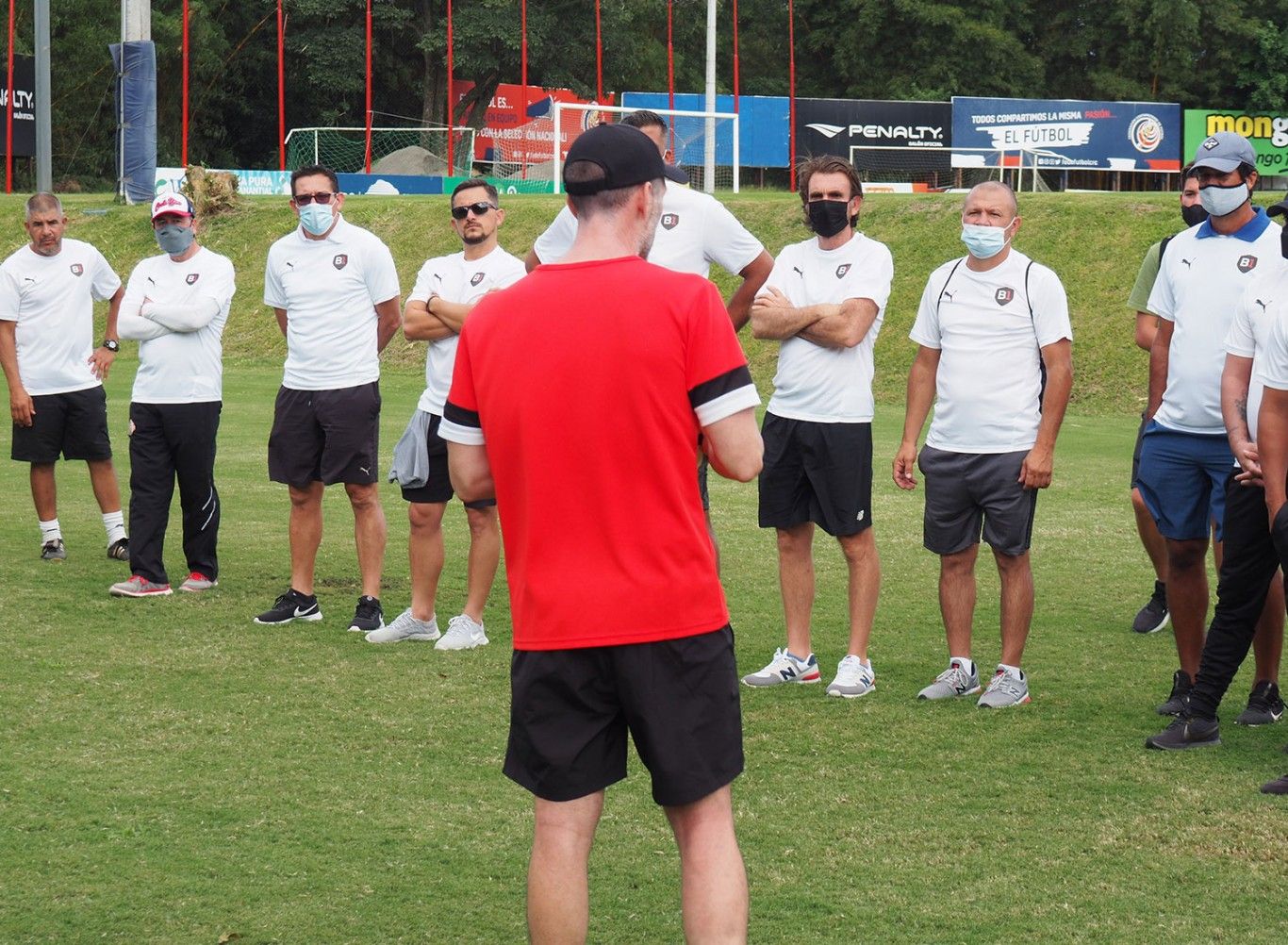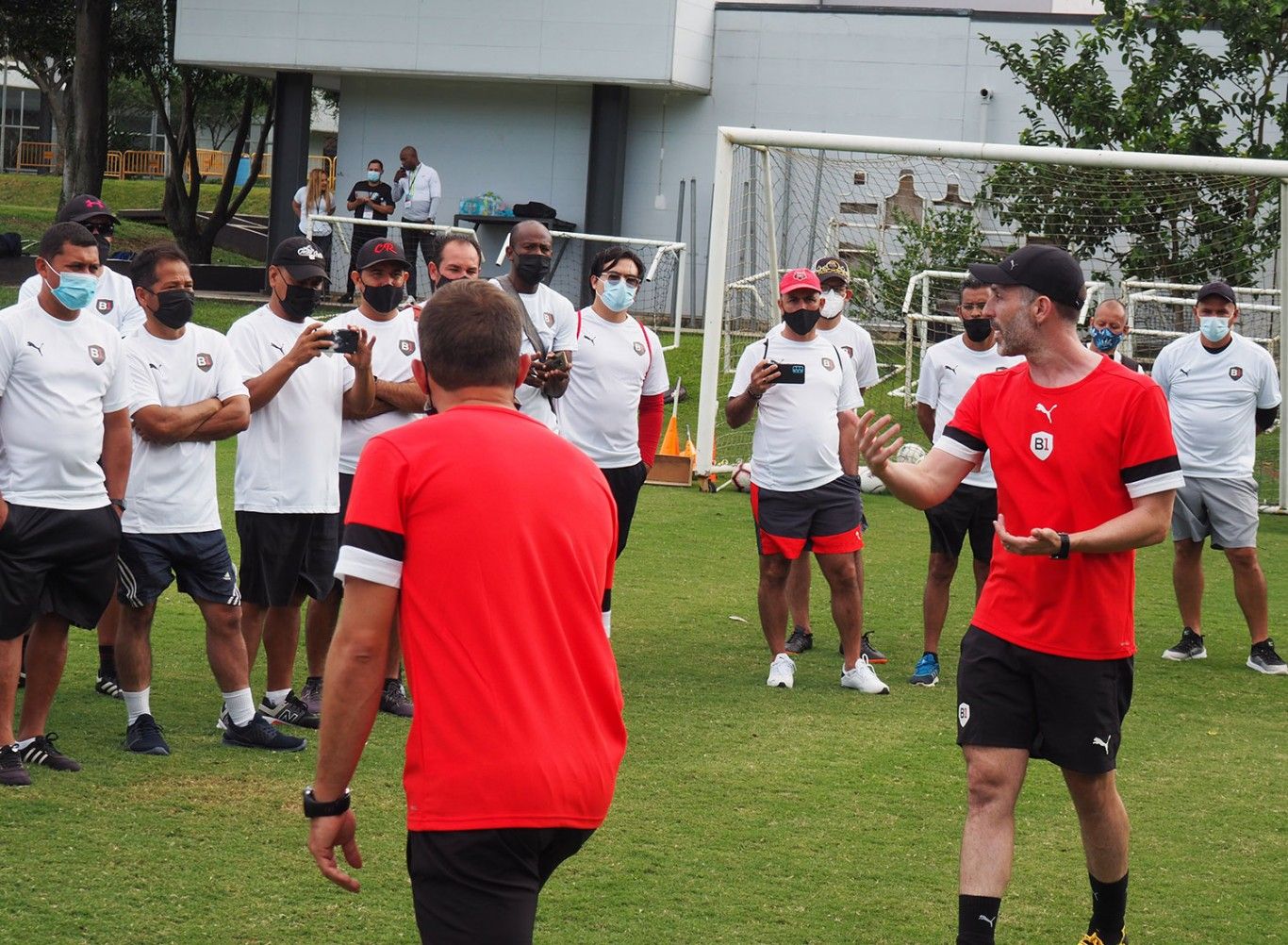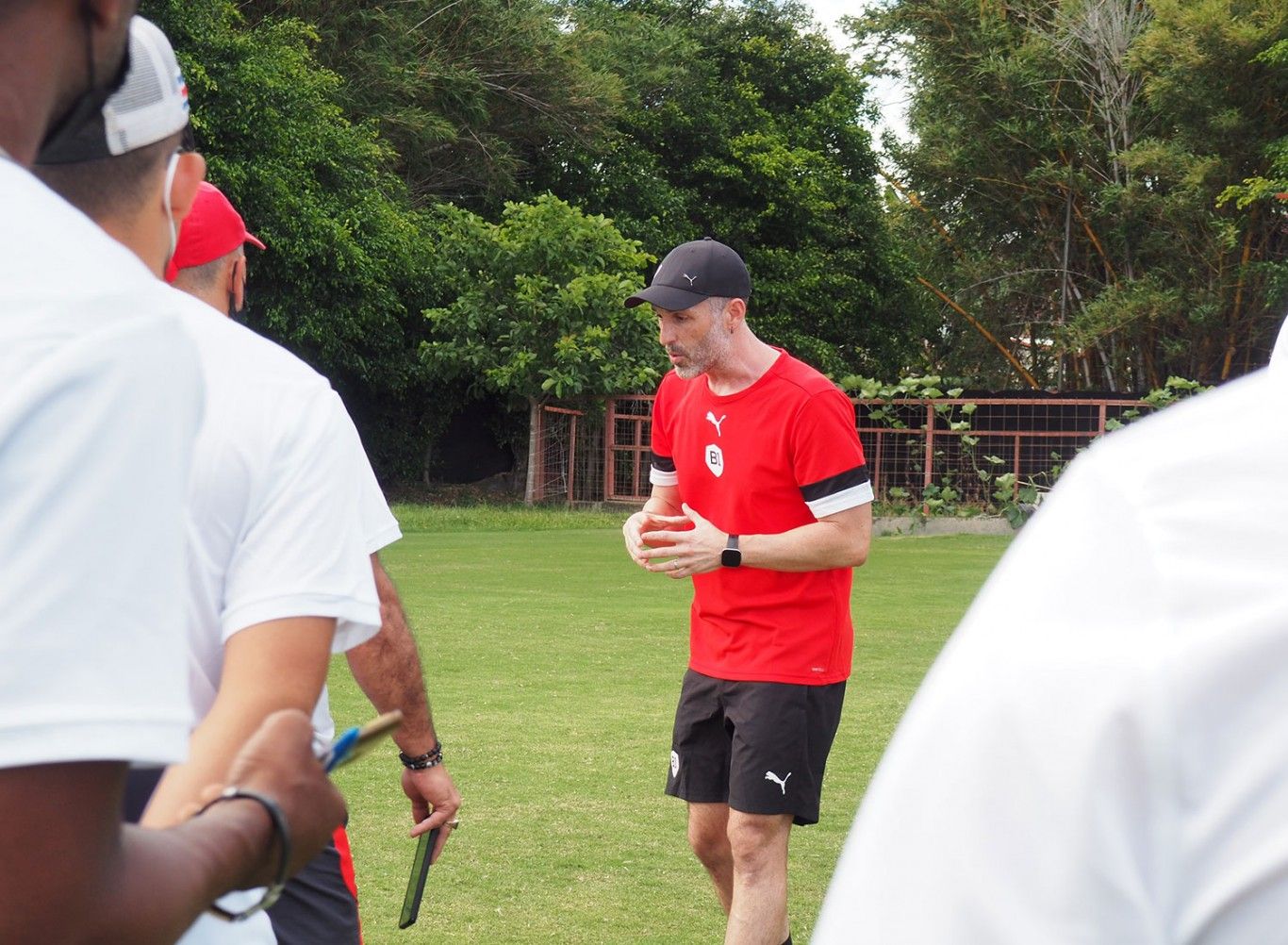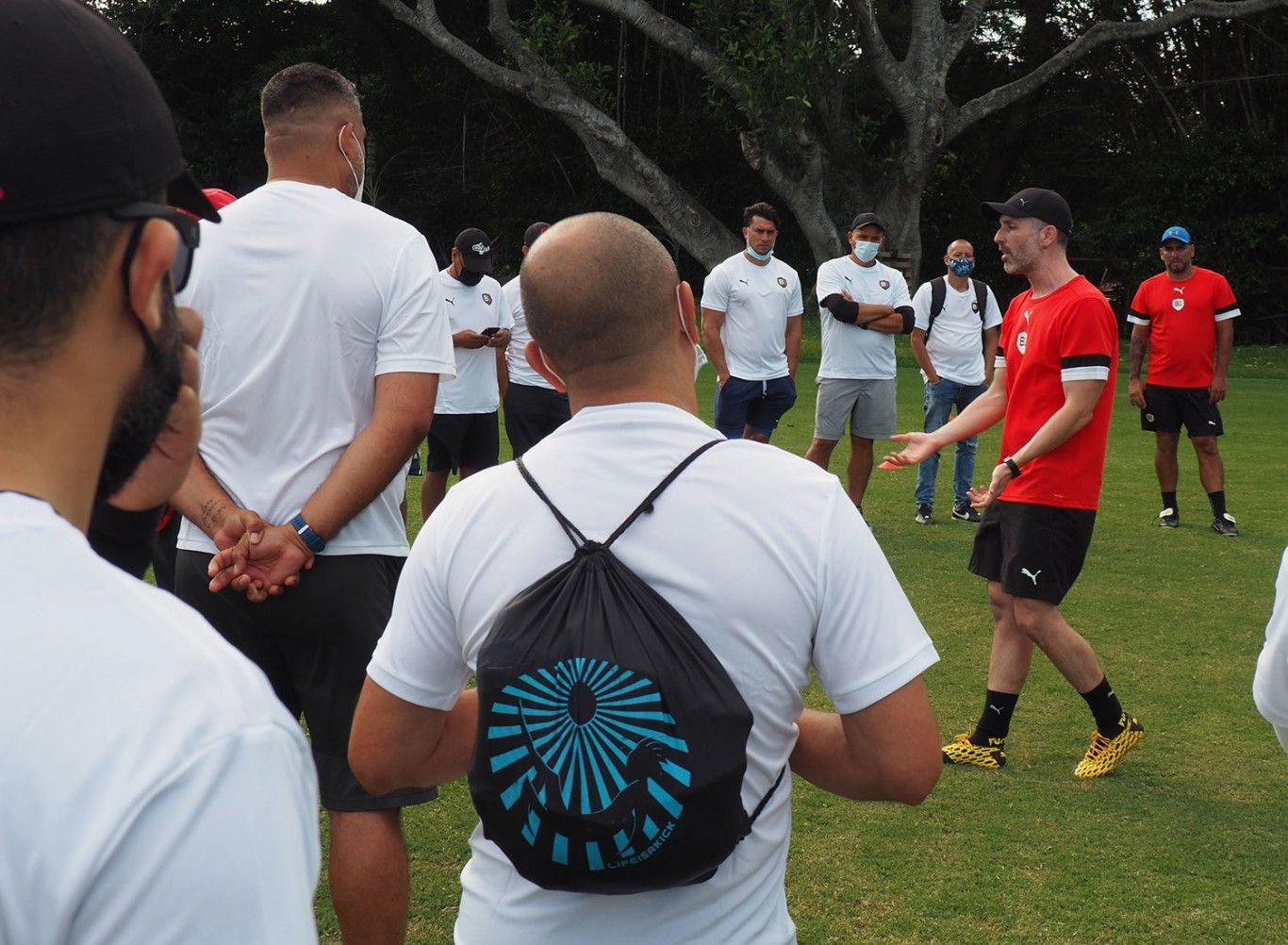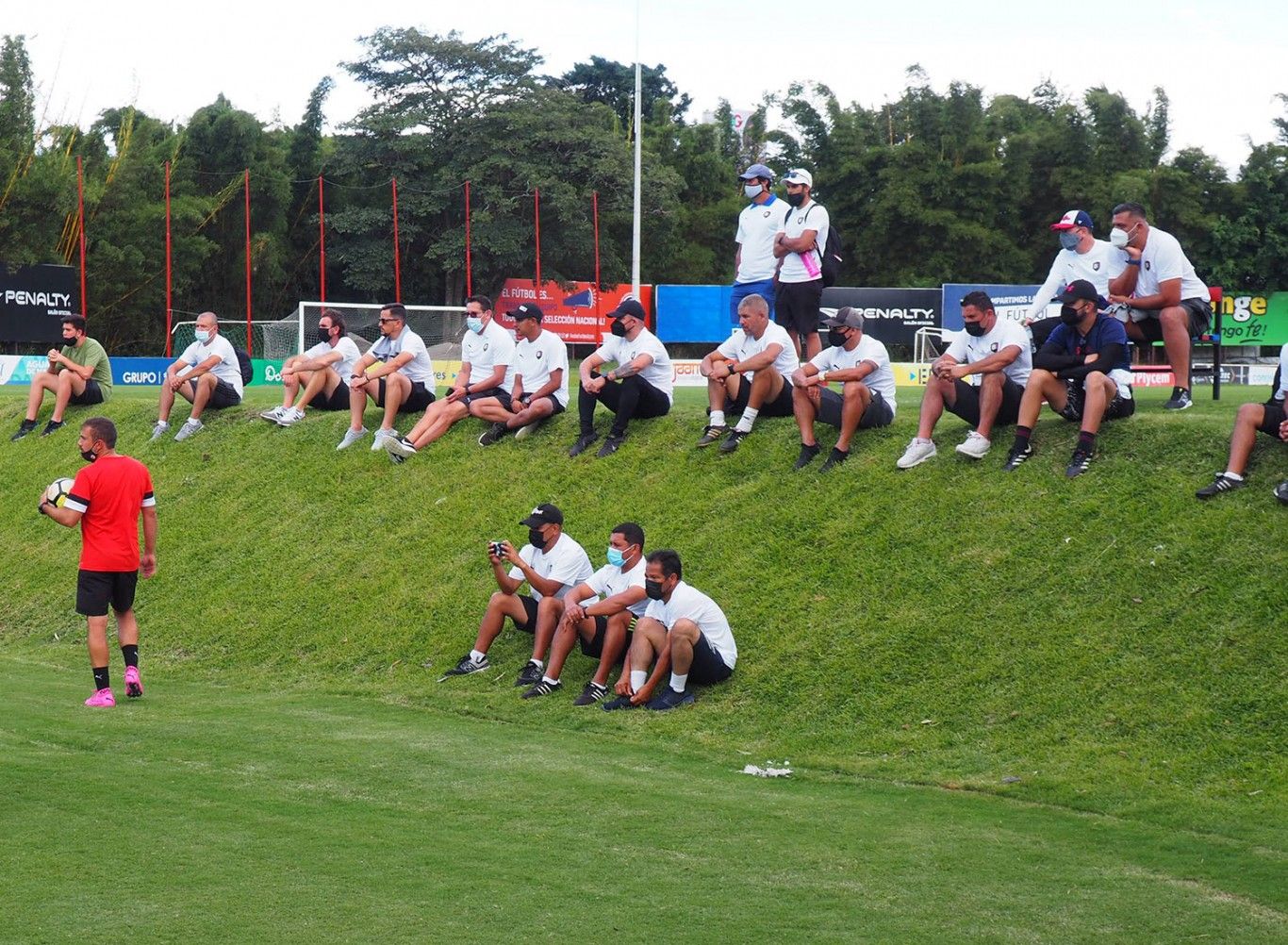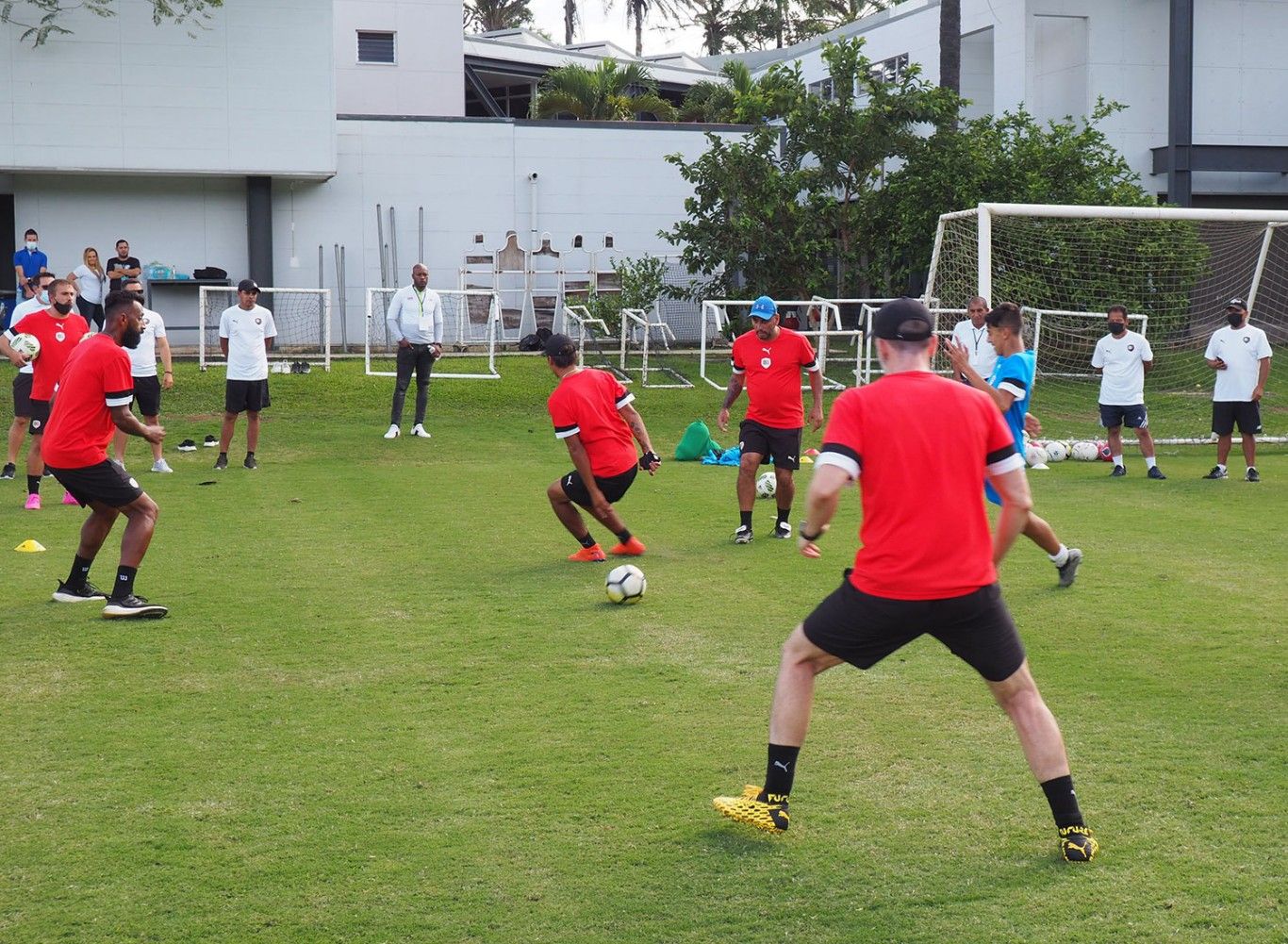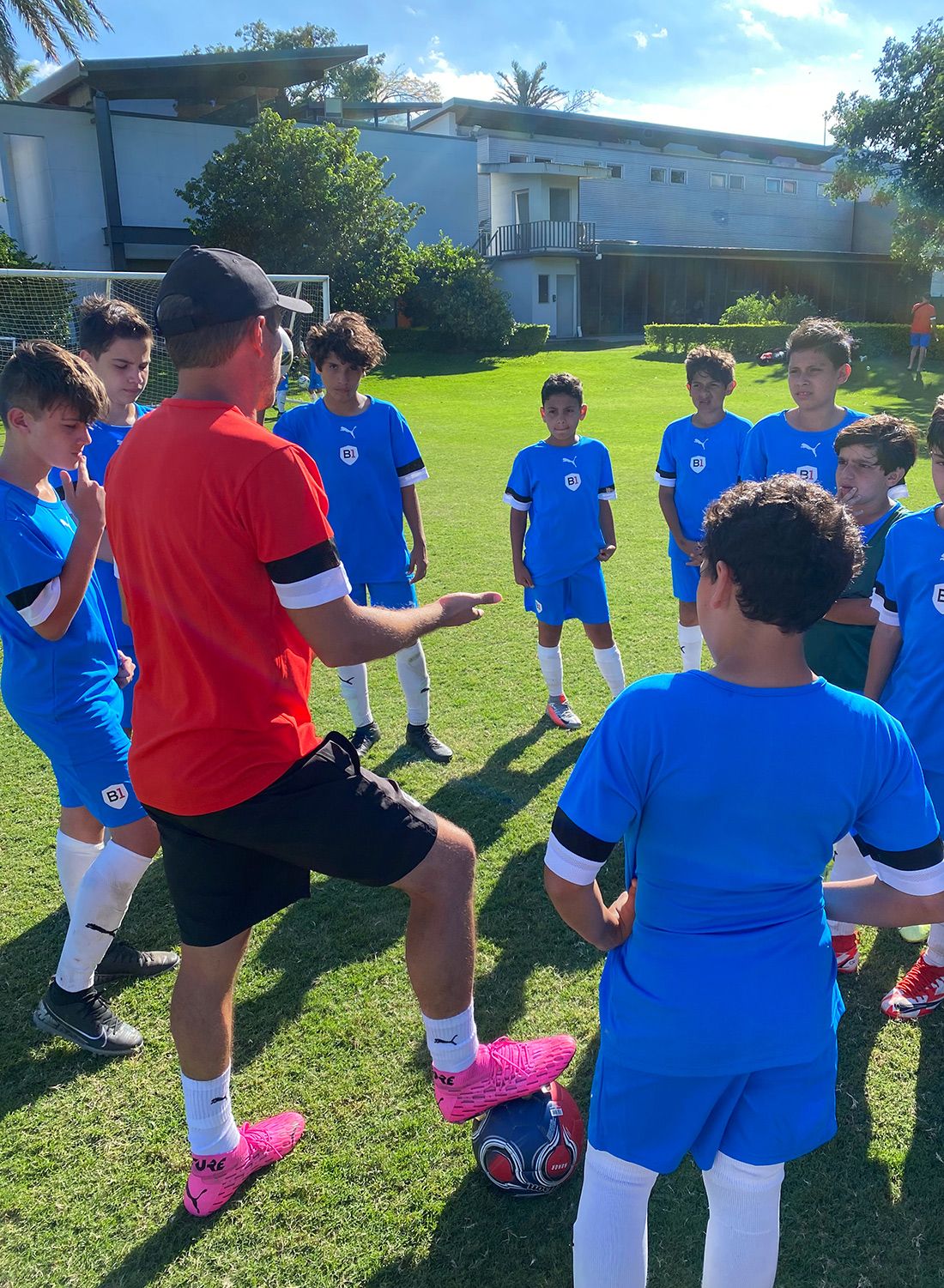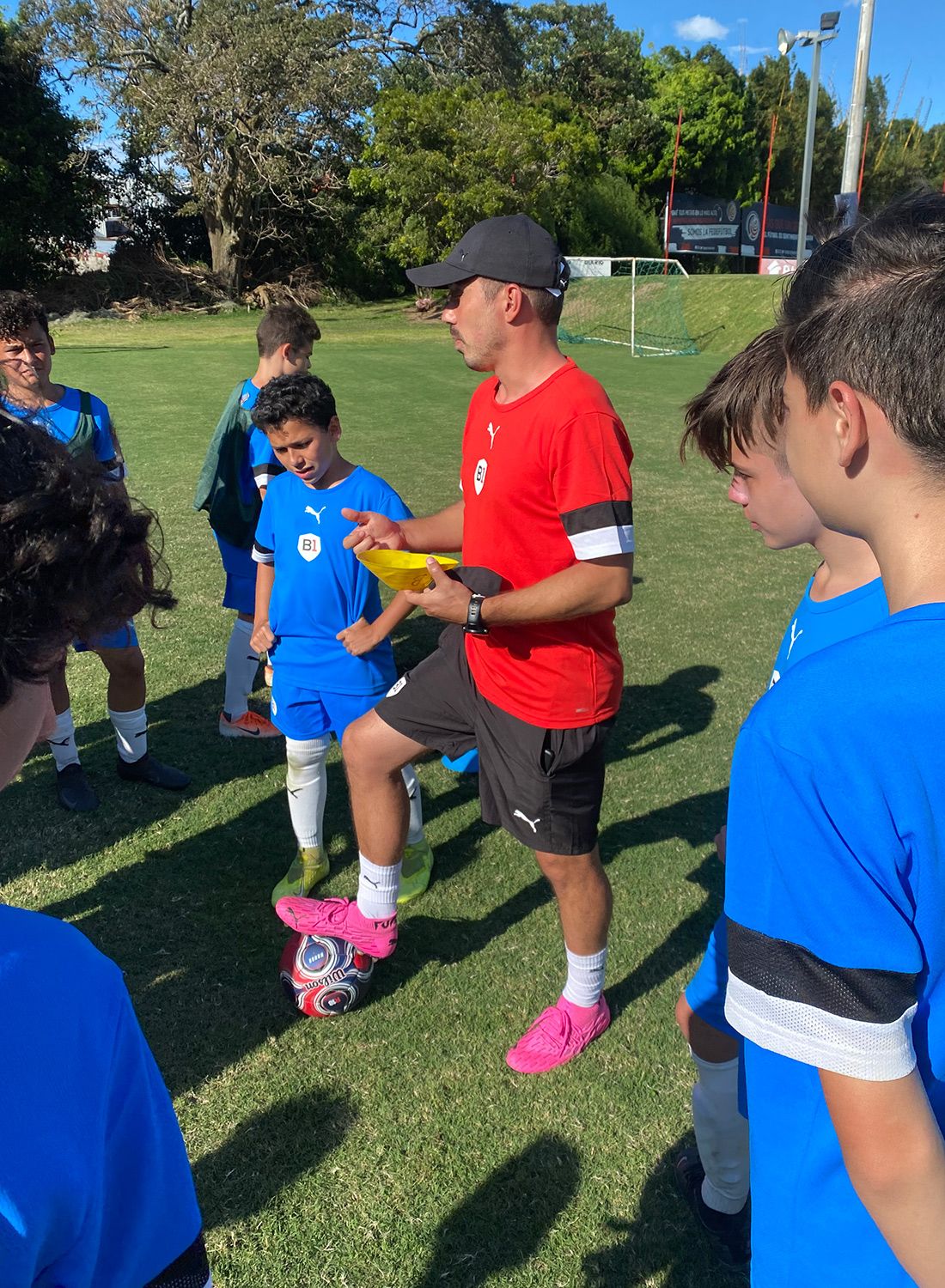As in the first edition of 2019, this edition of the B1 Camp in Costa Rica, held from December 2 to 5, also contained specialized training in grassroots soccer for local professionals, this time with the collaboration of the Asociación de Entrenadores de Fútbol y Liga Menor ASODEN CR.
B1 has always focused its work on the improvement of the players and also on the formation of new coaches, who will be responsible for the new generations of talents. From this need, lies the dedication to share the knowledge of our coaches.
“The positive feedback we received from the first edition and the desire to continue learning from the Costa Rican coaches, encouraged us to return with more enthusiasm and much more content to take the training to the next level. A training shared with local teachers that will bring out new knowledge for us.”
In this way, with the help of ASODEN, the B1 Coaches have been able to work for 4 days, held between 2 and 5 Desember, in front of more than 50 sports professionals, both in soccer and futsal, beach soccer, and even adapted soccer. It was a honor and pleasure to share the stage and presentations with some prominent members of the Costa Rican soccer scene.
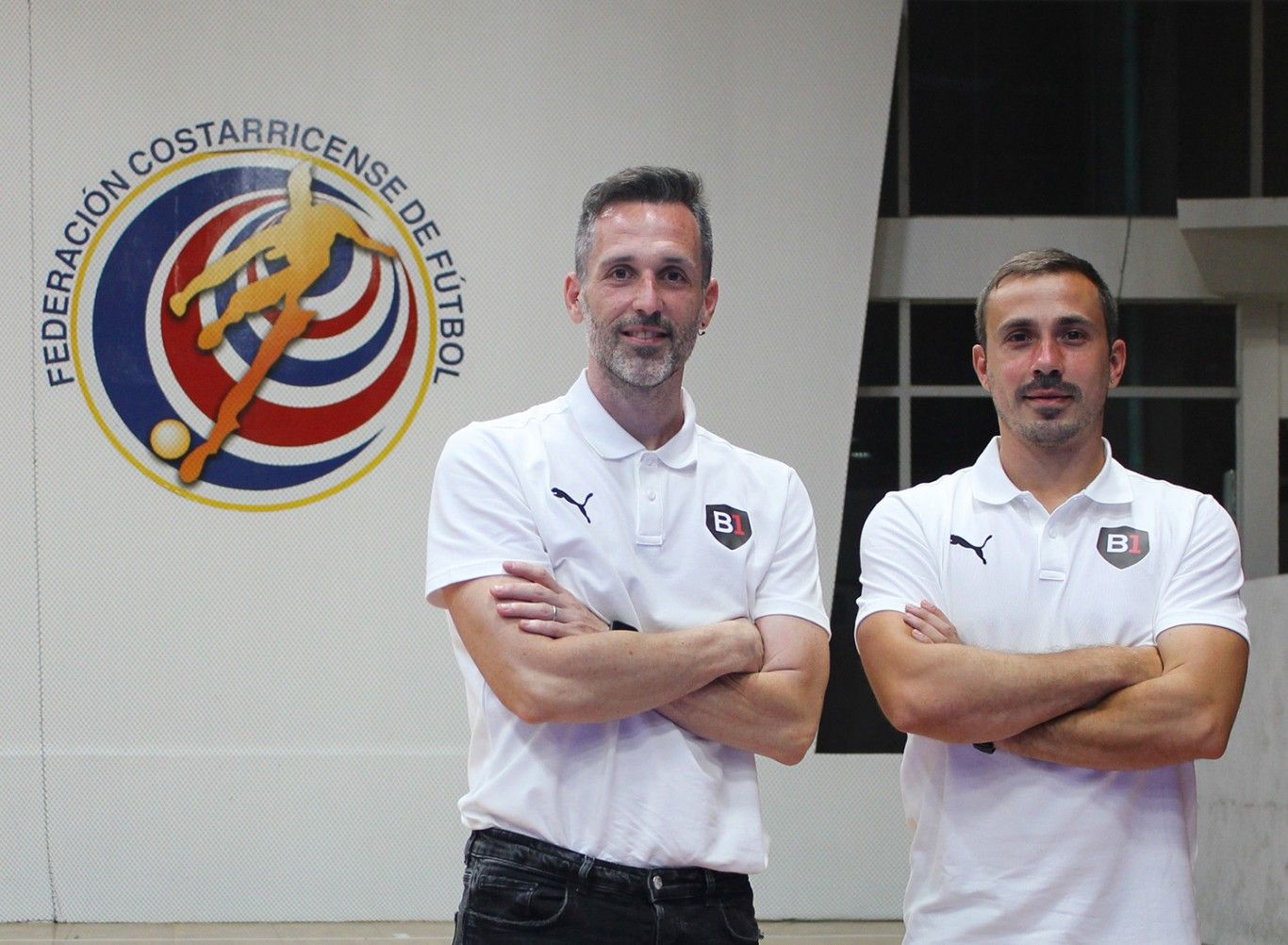
The content of these presentations was focused on a specific training called Methodology B1 Applied to Formative Football and also on the specific work of Goalkeeping Instruction, developed together with the former goalkeeper and current coach of RCD Espanyol women’s team, Miguel Ángel Álvarez.
Lectures and theoretical training
The theoretical part was the main protagonist during the first two days of the training. The days, organized in different phases, contained an initial part developed by local coaches such as former professional player Randall Row, DT Kenneth Barrantes, or goalkeeping coach Oscar Navarrete, among others. While the closing of the training was part of the Spanish B1 coaches, Marc Fortuny and Eric Bertran.
During the first day, B1 coaches presented the basic theoretical concepts of the methodology for good development and work of formative soccer, as well as the work philosophy in the B1 academy in Barcelona (Spain), Fort Myers, Florida (United States), and Costa Rica.
After this theoretical introduction, the B1 Coaches went into more detailed elements with examples of real activities. Also introduced were staged training contents as well as a basic training guide for goalkeepers. In addition, Marc Fortuny had something to say about the training overview:
“After the first edition, we understood that the best way to teach our methodology was to create a dynamic environment in which the trainers felt comfortable asking questions and taking the initiative. We were able to give the trainers a complete overview of our B1 methodology and they were the ones who put them into practice.”
Field practice
The last two days of the training were about testing the Costa Rican coaches and trying to put theory into practice. After more than 7 hours of theoretical training, questions, sharing new types of exercises, new soccer concepts for the players, the B1 Coaches put the coaches to the test.
Thus, the final part of the training consisted of assigning concrete tasks to the trainers, making them the protagonists of the training. Fortuny and Bertran proposed tasks and developed them in the field with the help of the invited teachers to show examples, modifications in real-time, and correction of errors.
The coaches had the opportunity to put into practice what was said in the first part of the training, with direct feedback from the B1 coaches.
For the B1 Coaches this practical part was fundamental and Eric Bertran pointed it out by saying the following:
“It is the most important part of the training, it allows us to get closer to the coaches and their way of thinking and working. It’s a mutual learning process: they can learn from us, but we also absorb knowledge to adapt it. With this practical work, we also make sure that they have understood aspects of the methodology and specific exercises, as well as their ultimate goal.”
An intense and very profitable training, at the same time interesting and full of learning, sharing knowledge, with the intention of continuing with our task of contributing to the development of future soccer players.

